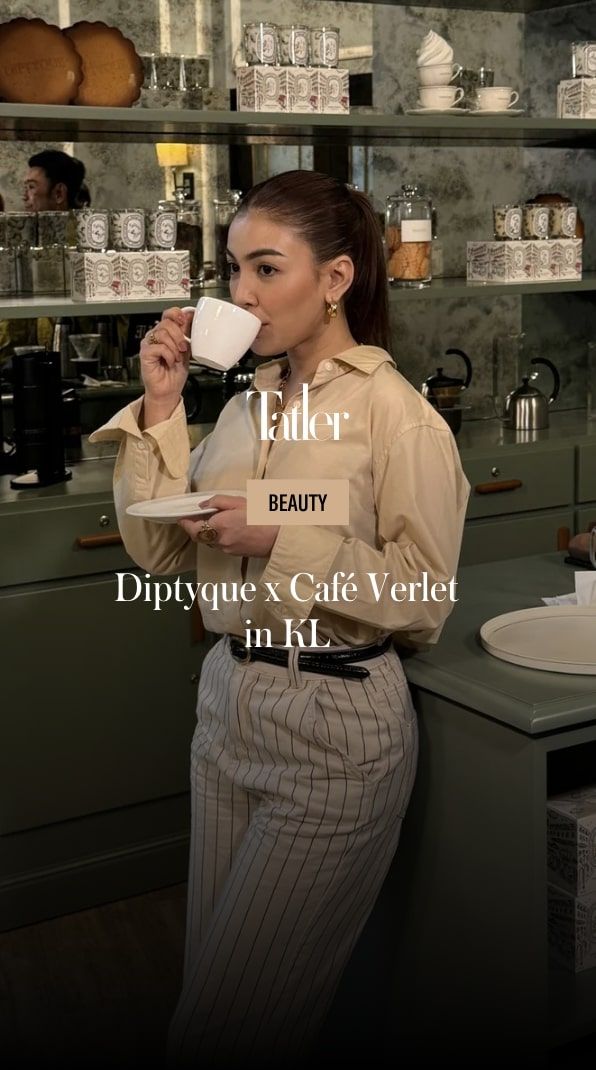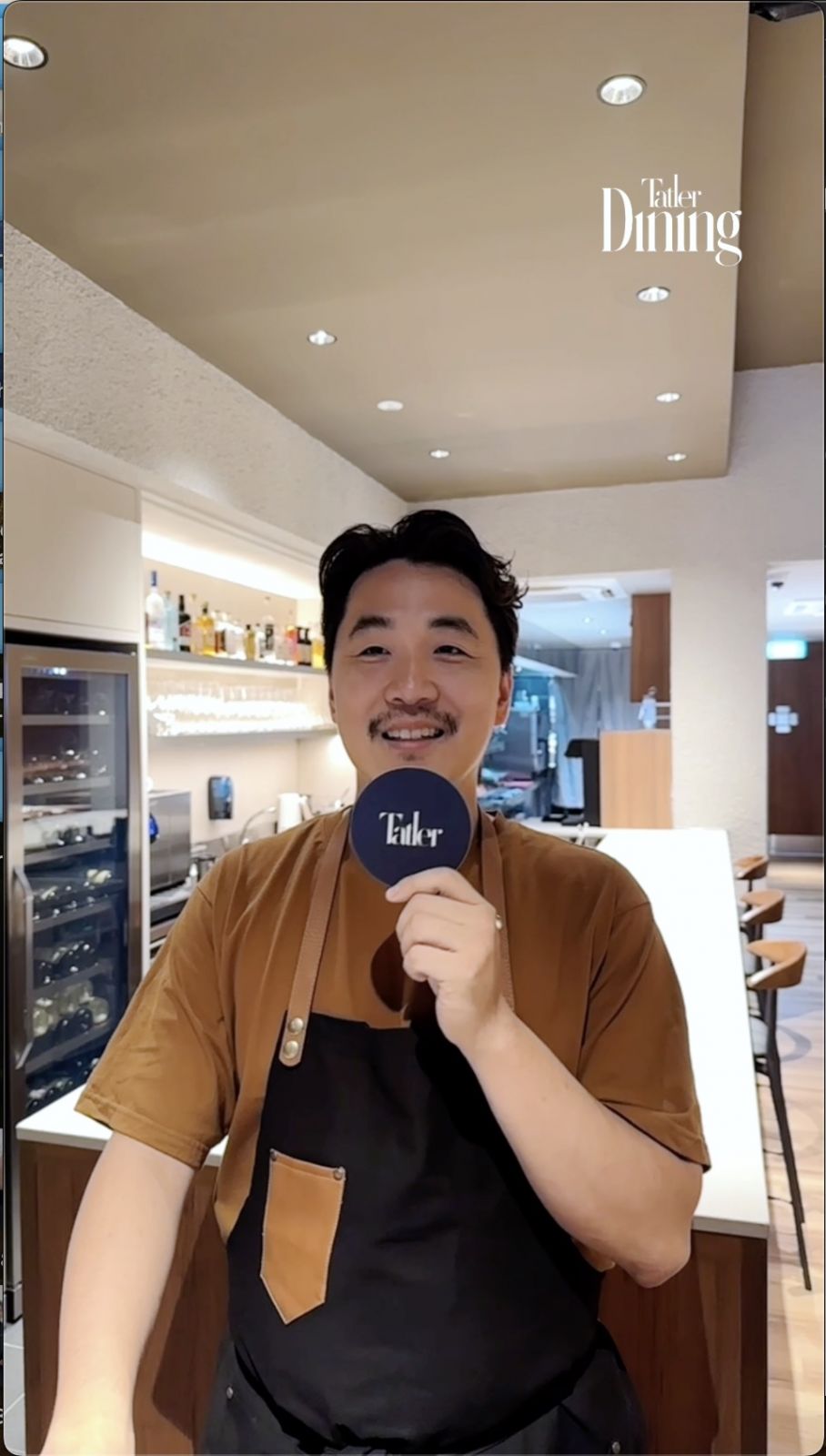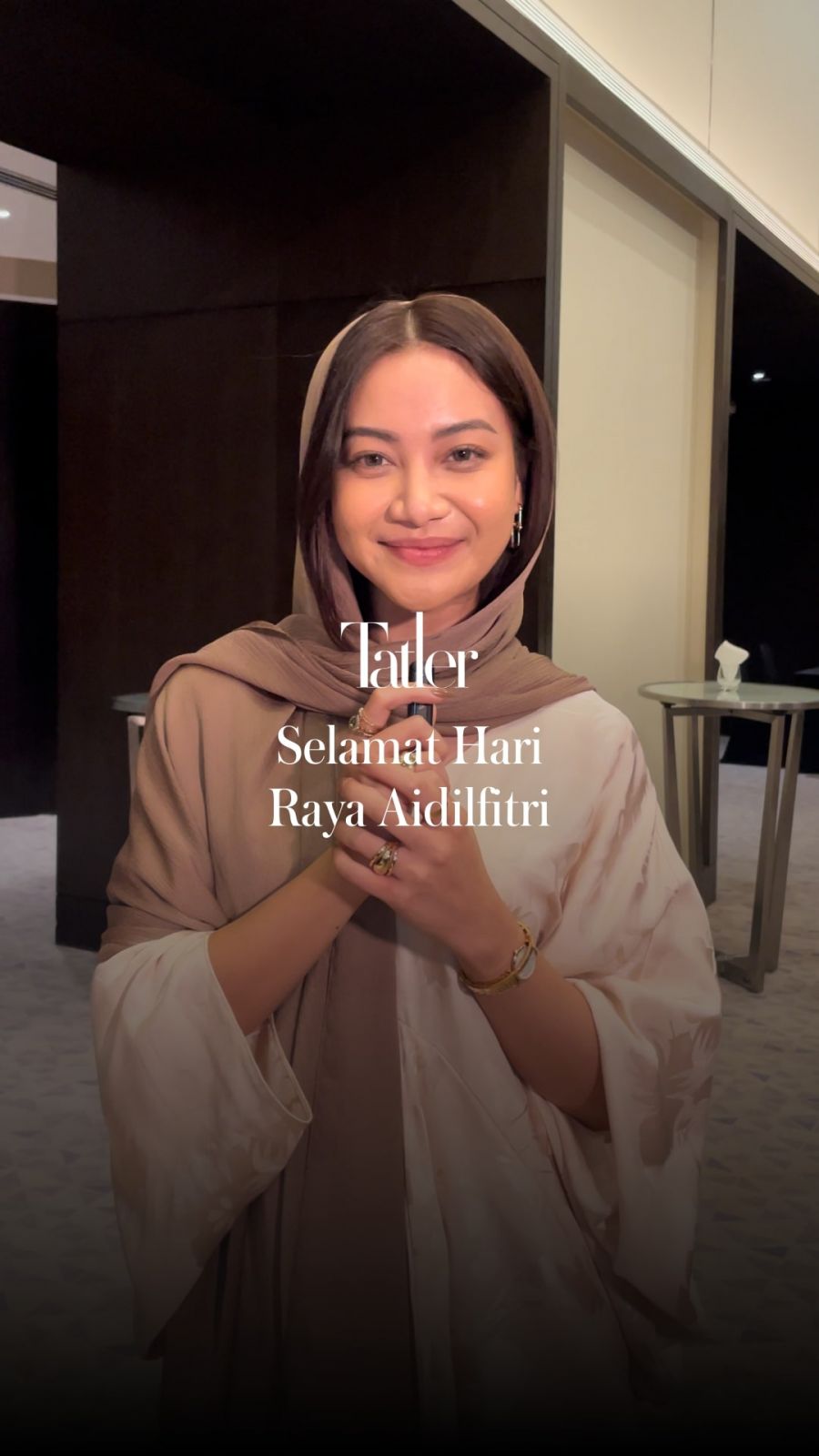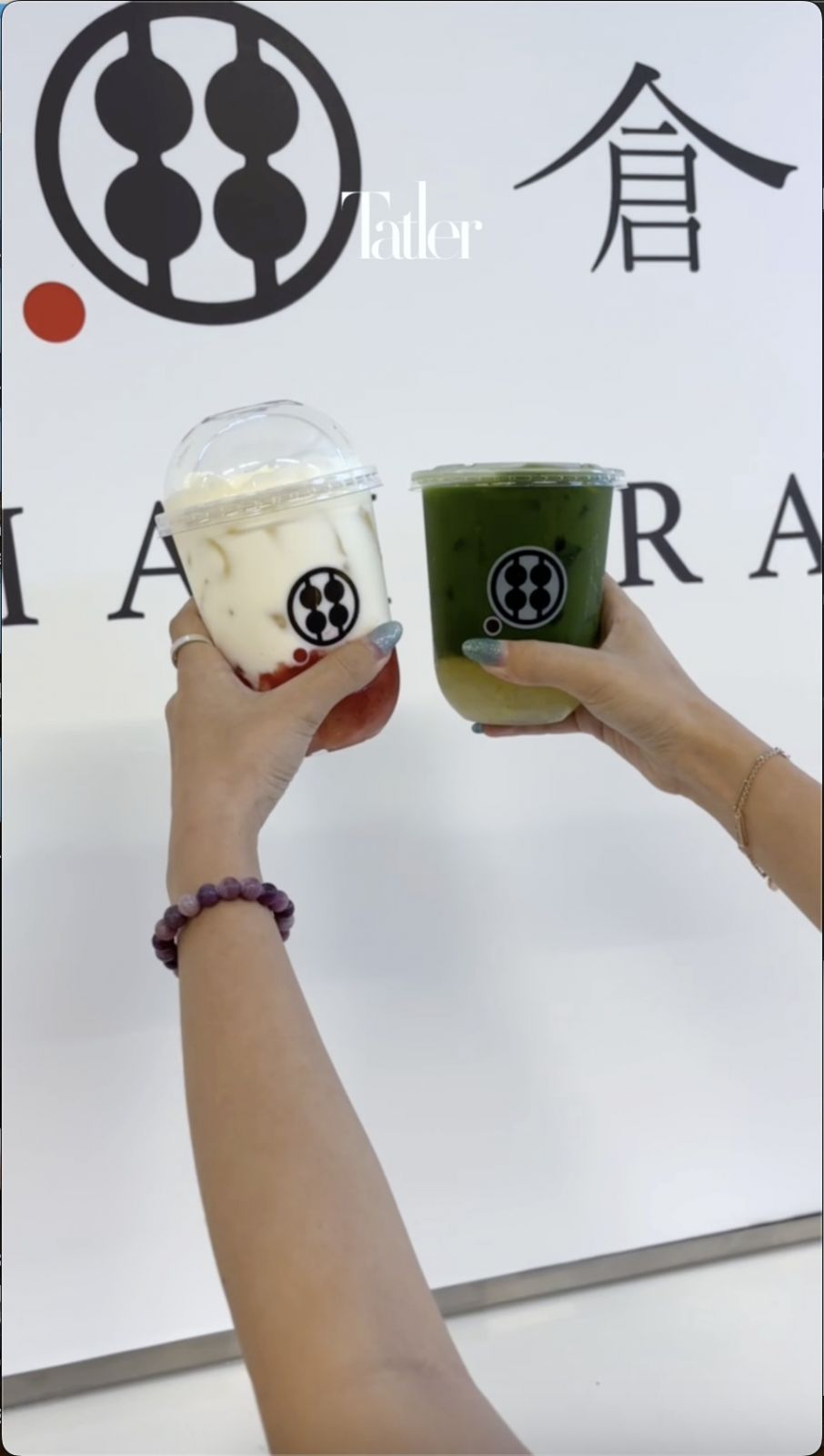The licensed counsellor and founder of Safe Space with Sangeeta shows it's never too late to realise your passion
“You are more than ready.” This was the best advice that Sangeeta Sidhu ever heard, given by her mentor and ex-lecturer Johana Johari, at a pivotal point in Sidhu’s journey of opening up her mental health practice.
Taking a career break to raise four boys, Sidhu longed to re-enter the workforce after feeling for some time that she was losing a part of herself in the same routine day in and day out. Working hard to complete her Masters in Counselling, the mum of four always dreamt of having a space of her own where clients could feel safe to express themselves and talk freely about their inner struggles. The only hurdle was mustering up the courage to get it done.
“Nobody was holding me back. I was my own biggest challenge,” laughs Sidhu, who previously had stints working at the United Nations, Singapore’s Media Corp, and the New Straits Times as a stringer reporter. “I had my license and I had all the basics. All I did was talk about opening my practice, but I kept procrastinating.
“One day I went to see my mentor, Johana Johari, a counsellor with 30 years of experience. I told her that I really wanted to open my own practice, but I was scared. I felt I wasn’t ready. What if it didn’t work out? What if I didn’t get any clients?”


“She looked at me and said, ‘Sangeeta, you should have done this ages ago. You are more than ready.’ Just talking with her for that one hour changed my life. She had her own counselling practice and a vacant room in her office, which she asked if I wanted to use. I practically screamed yes there itself. Within 10 minutes, we were talking about names and ‘Safe Space with Sangeeta’ came up. The next day, I went and registered my sole proprietorship. I just needed that push. At times, even counsellors need counselling,” Sidhu quips.
See also: ‘The queen of manifesting’ Roxie Nafousi on how to create the life of your dreams
In her own life, Sidhu realised that listening to others came naturally to her. Friends and family members often found it easy to talk to her about their worries and pains in life. ”It was then that I began to develop a deeper understanding of the importance of mental health support,” she says.
















